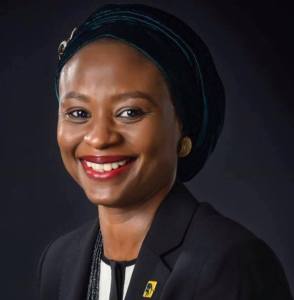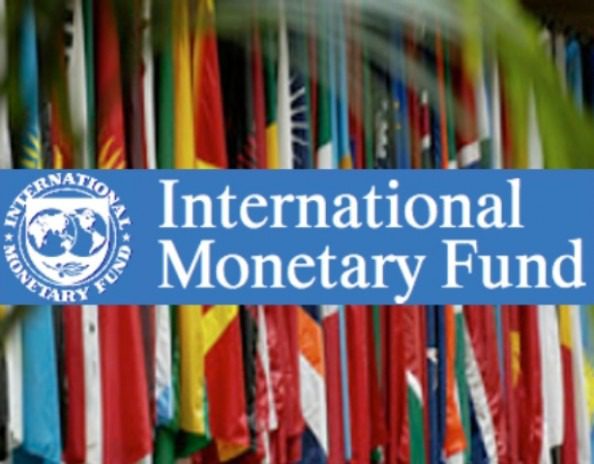Democracy & Governance
The Urgency of Ending Nigeria’s Disastrous Public Image -By Aisha Bubaram

I woke up on Saturday, November 3, 2018 to witness another hype – a common pitfall of trending social media public outcry. This is becoming a fad to watch out for when dealing with public interrelations. This time however, the media storm coincided with the exit of two global banks that have closed offices in Nigeria, HSBC and UBS.
Although the usual media trend was expected, some Nigerians have taken to social media continuously, fuelling the drama with negativities that could be detrimental to the country’s economy. But as much as people have a right to their opinion about issues, their contagion may only lead to disastrous consequences.
In terms of the closure of the major branches HSBC and UBS, both were not licensed banks within Nigeria but rather have representative offices in the country, as most retail banks do. In this capacity, they seek businesses for their head offices as correspondent bank lines within the Nigerian banking system, and provide advisory services for their investment arms in the capital market. With the economy supposedly not doing well and with a perceived lack of clear policy direction, the exit of both banks might indicate a lack of confidence in the system’s ‘short term’ prospects overall. Although the reason for their withdrawal is still unknown.

Aisha Bubaram
Let us take a flash back to when Nigeria was discontinued from the Frontier Market list a few years ago, it quickly made headlines but with minimal media influx. However, a dire consequence of unfavourable public response and action to such disclosure might have accelerated the descent of economic recession.
The country nevertheless picked up quickly and offered one of the highest interest rates ever on naira instruments, to curtail the impact of that exit. There’s still the continued bad reputation and tarnished image that has been reinforced over the years by actions of Nigerian citizens at home and abroad. Despite this, more foreigners come to Nigeria to do business because of the potentials that avails itself in the Nigerian market space. Foreign Direct Investments (FDIs) still flow into the country in the manufacturing and service spaces, and these kind of investors cannot pull out their resources overnight (?). However, there are portfolio investors who bring in money for investments in financial instruments, the likes of T-bills, bonds and the stock market. These foreign portfolio investors (FPIs) are quick to withdraw their funds when the market becomes less favourable and especially now that the country is facing elections in 2019.
There are a lot of opportunities for investment in Nigeria, and these are where we can propagate our interest and remain extremely positive on getting the right networks ready, and positive public participation will do well to support investors’ interests.
There is no country that does not have challenges but manages the drawbacks to minimise impact and this includes investing in proactive public relations (PR) for the benefit of their economy.
To say it quite plainly to my fellow country men and women (those who are usually fast to carry the loudspeakers to broadcast the wrong things and present the bad signals to the international community): Would we not prefer the economy to progress and earn respect when we flash our green passports at international borders?
As Nigerians we need to caution ourselves and largely project the good things that will encourage investors into our country.
I once came across a report, “Finance” by Mathew Nitch Smith in the Business Insider UK where Nigeria was ranked 5th of 16 countries with the worst reputations in the world. That report also emphasised the religious intolerance and insecurity that have raged this country and kept it in bad light. Unfortunately due to the availability of social media tools like Facebook and Twitter, negative news spreads far and wide, be these religious, political, economic, and many individuals are oblivious or uncaring about the destructive impacts of their actions on social media.
When you want to engage in media campaign, look out for information about businesses you think can attract investors. This will help you develop your own personal foresight and financial independence. Don’t waste valuable time in chasing a thread of negative commentators that are most likely encouraging unrest.
It is pertinent to note that most PR disasters are avoidable and unless most Nigerians understand the necessity of getting involved in promoting the good of the country, we will stain and damage our county’s image due to bad publicity that magnifies all the minor errors and inaccurate information on the performance of the Nigerian economy.
Aisha Bubaram – mother, wife and lover of Africa – is a philanthropist, with more than two decades of work as a banker.


















